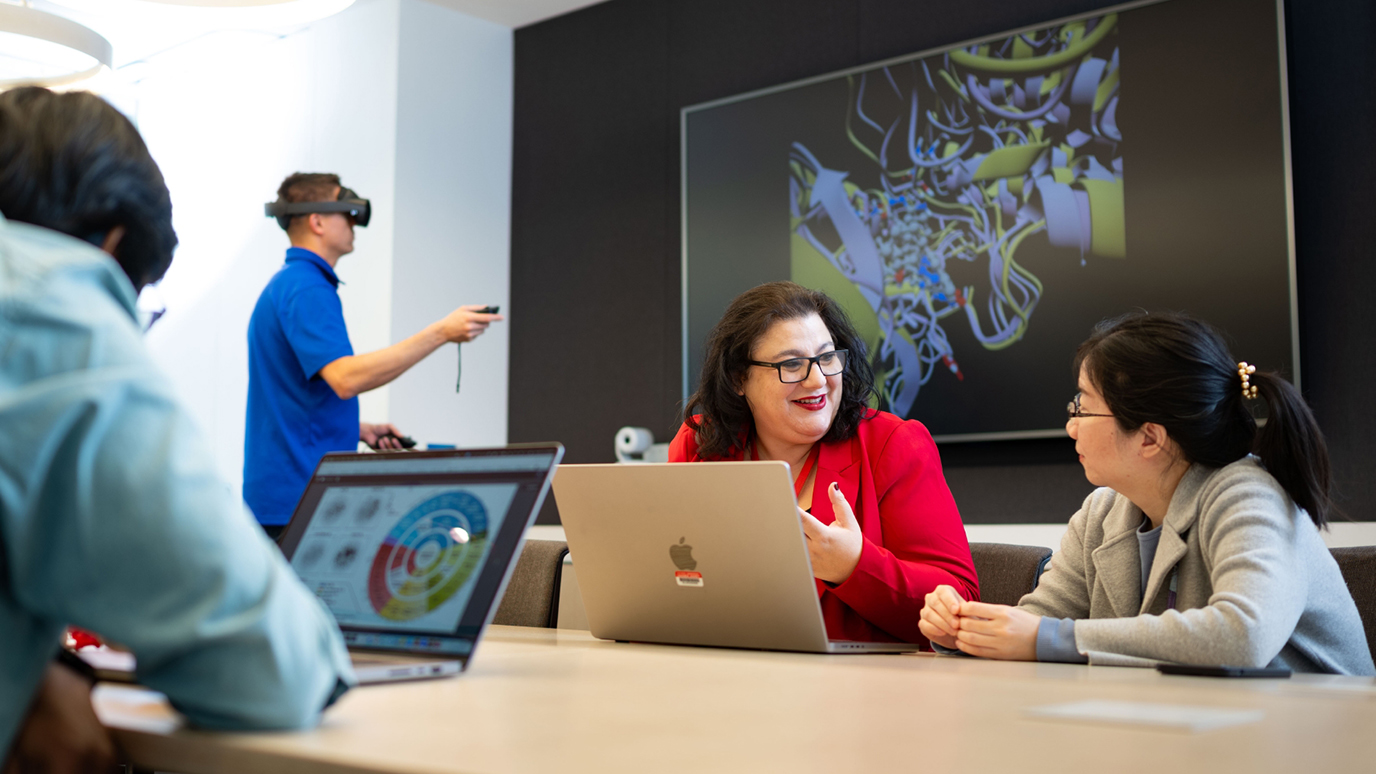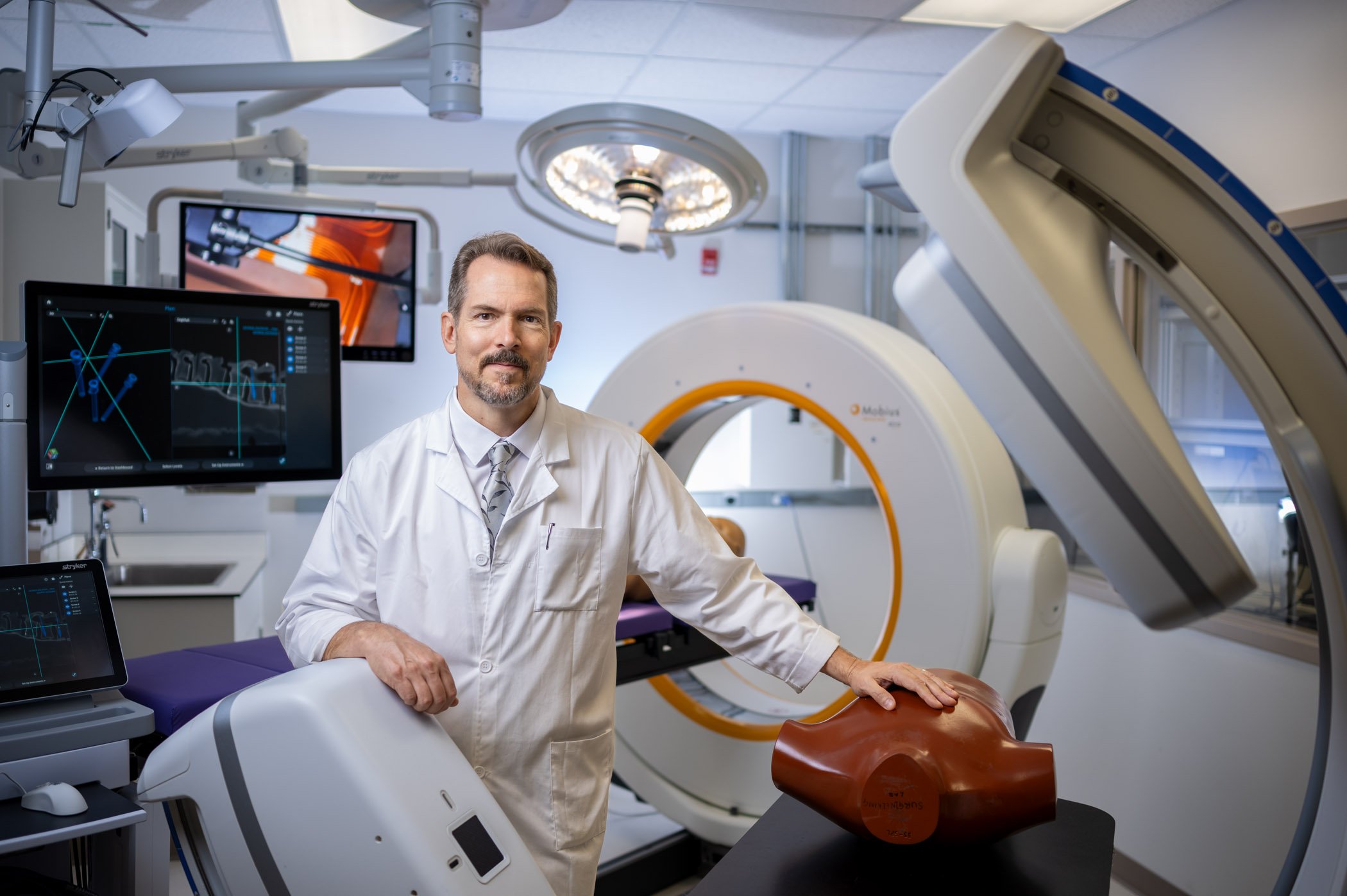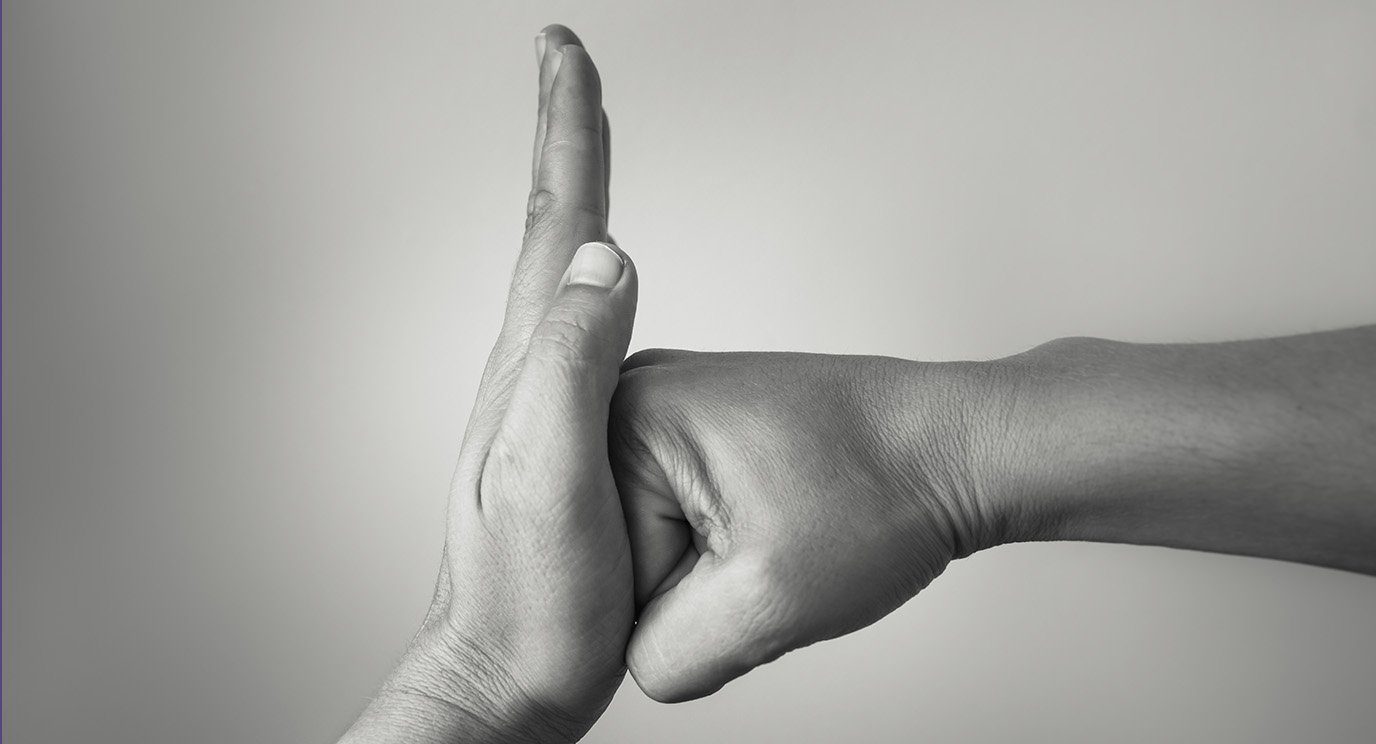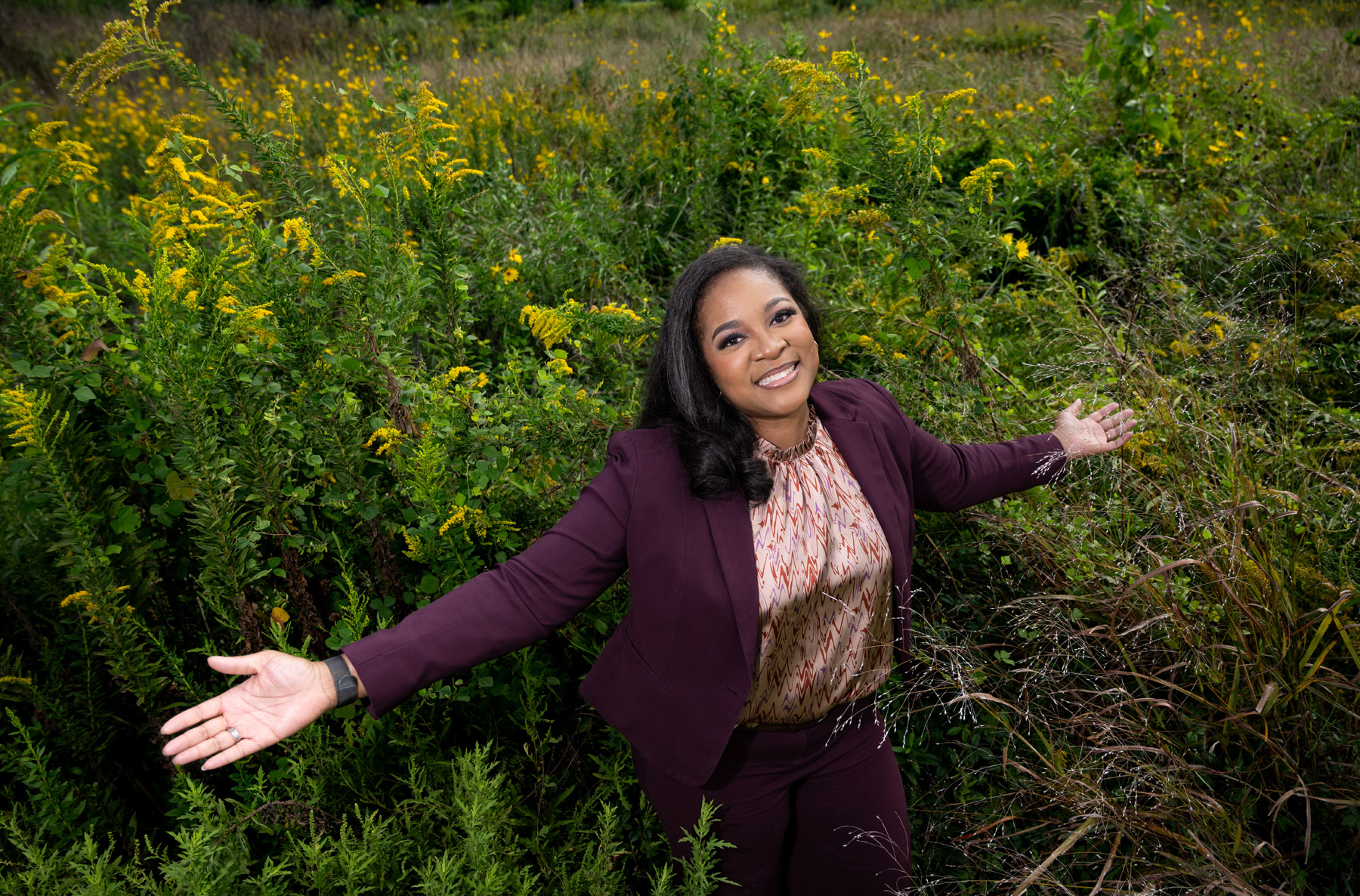- Diseases
- Acoustic Neuroma (14)
- Adrenal Gland Tumor (24)
- Anal Cancer (66)
- Anemia (2)
- Appendix Cancer (16)
- Bile Duct Cancer (28)
- Bladder Cancer (68)
- Brain Metastases (28)
- Brain Tumor (230)
- Breast Cancer (716)
- Breast Implant-Associated Anaplastic Large Cell Lymphoma (2)
- Cancer of Unknown Primary (4)
- Carcinoid Tumor (8)
- Cervical Cancer (154)
- Colon Cancer (164)
- Colorectal Cancer (110)
- Endocrine Tumor (4)
- Esophageal Cancer (42)
- Eye Cancer (36)
- Fallopian Tube Cancer (6)
- Germ Cell Tumor (4)
- Gestational Trophoblastic Disease (2)
- Head and Neck Cancer (6)
- Kidney Cancer (124)
- Leukemia (344)
- Liver Cancer (50)
- Lung Cancer (288)
- Lymphoma (284)
- Mesothelioma (14)
- Metastasis (30)
- Multiple Myeloma (98)
- Myelodysplastic Syndrome (60)
- Myeloproliferative Neoplasm (4)
- Neuroendocrine Tumors (16)
- Oral Cancer (100)
- Ovarian Cancer (170)
- Pancreatic Cancer (166)
- Parathyroid Disease (2)
- Penile Cancer (14)
- Pituitary Tumor (6)
- Prostate Cancer (144)
- Rectal Cancer (58)
- Renal Medullary Carcinoma (6)
- Salivary Gland Cancer (14)
- Sarcoma (236)
- Skin Cancer (294)
- Skull Base Tumors (56)
- Spinal Tumor (12)
- Stomach Cancer (60)
- Testicular Cancer (28)
- Throat Cancer (90)
- Thymoma (6)
- Thyroid Cancer (98)
- Tonsil Cancer (30)
- Uterine Cancer (78)
- Vaginal Cancer (14)
- Vulvar Cancer (18)
- Cancer Topic
- Adolescent and Young Adult Cancer Issues (20)
- Advance Care Planning (10)
- Biostatistics (2)
- Blood Donation (18)
- Bone Health (8)
- COVID-19 (362)
- Cancer Recurrence (120)
- Childhood Cancer Issues (120)
- Clinical Trials (624)
- Complementary Integrative Medicine (24)
- Cytogenetics (2)
- DNA Methylation (4)
- Diagnosis (230)
- Epigenetics (6)
- Fertility (62)
- Follow-up Guidelines (2)
- Health Disparities (14)
- Hereditary Cancer Syndromes (122)
- Immunology (18)
- Li-Fraumeni Syndrome (8)
- Mental Health (118)
- Molecular Diagnostics (8)
- Pain Management (62)
- Palliative Care (8)
- Pathology (10)
- Physical Therapy (18)
- Pregnancy (18)
- Prevention (892)
- Research (390)
- Second Opinion (74)
- Sexuality (16)
- Side Effects (604)
- Sleep Disorders (10)
- Stem Cell Transplantation Cellular Therapy (216)
- Support (404)
- Survivorship (322)
- Symptoms (184)
- Treatment (1772)
Urologic oncologist: What motivates me as a doctor
3 minute read | Published July 13, 2021
Medically Reviewed | Last reviewed by an MD Anderson Cancer Center medical professional on July 13, 2021
For anything you want to do, there’s got to be some inspiration. For me, it was the pain I felt when my mother died that prompted my career in medicine. I was only 10 at the time, and she died fairly young of something I felt she shouldn’t have — a ruptured appendix, most likely.
I made the decision to go into medicine based on that experience, because I wanted to prevent and relieve suffering when I grew up. But I also wanted to make sure that what happened to my mother didn’t happen to anyone else.
How I found my calling as a urologic surgeon
At first, I thought I’d go into internal medicine or family practice. But as I got into my clinical rotations in medical school, I realized that my personality gravitated more toward the surgical field. I liked the thrill of recognizing a problem and the satisfaction of being able to fix it definitively, then moving on to the next thing.
And as I went through the subspecialties, it seemed like the people in urology tended to smile more and really enjoy what they were doing. I also liked that their case load was so diverse. They dealt with both big problems and little ones, and helped patients with complex surgeries, sudden emergencies and chronic conditions.
Overcoming challenges to reach my goals
When I was 10, I never imagined I’d be a urologic oncologist some day at the No. 1 cancer center in the world. I just knew I wanted to help people. But I started out as a young, insecure Black kid with a lot of questions about my future. And I almost flunked out of college my first year, because I was so far behind my peers and didn’t have really good study habits.
Those discoveries came as kind of a surprise to me, because I’d done pretty well at my inner-city public high school in Philadelphia, and I thought I was going to college prepared. I found out later that a lot of the college kids around me had gone to private schools. And I noticed early on that they seemed to know a lot more than I did. That really kind of busted my bubble.
Still, I’m lucky, because I have a really supportive family. My father and stepmother told me if I really wanted this, to put my nose to the grindstone and see what happened. So, I went back to college that second semester and found a tutor, and later on, some mentors. And that made all the difference. I started doing better and regaining my confidence. And here I am today, as a result.
When it comes to how I hope to advance the field of urology as a whole, I think one of the most important parts of my legacy will be who I helped come after me. Because in the late 1970s, I was the only Black person in most of my science classes. And that was pretty lonely. So, today, I try to encourage other students like me to consider careers in medicine, too.
What inspires me daily
One of the greatest joys of my job now is when patients show me pictures of their children or grandchildren. Because it means that either they were able to get married and have families of their own, or they were able to stay alive long enough after their cancer diagnoses to really enjoy their grandkids. That’s what keeps me going on a day-to-day basis.
Curtis Pettaway, M.D., is a urologic oncologist at MD Anderson.
Request an appointment at MD Anderson online or by calling 1-844-438-0463.

I wanted to prevent and relieve suffering when I grew up.
Curtis Pettaway, M.D.
Physician





